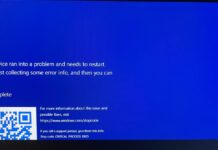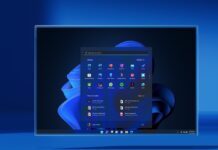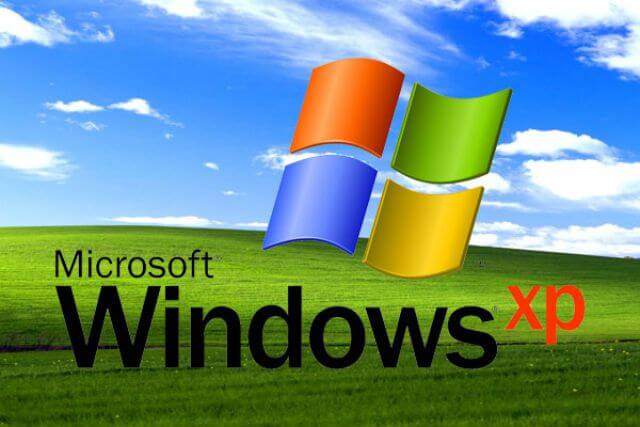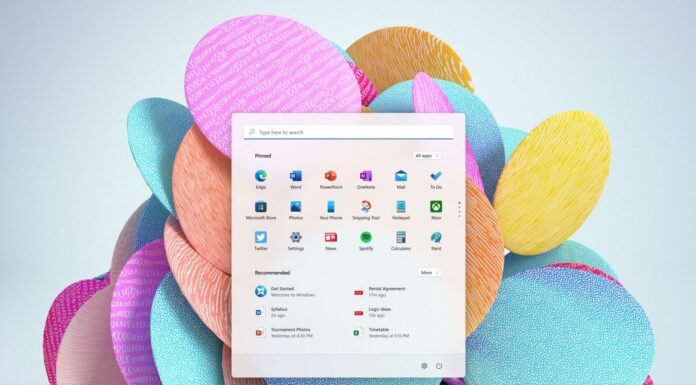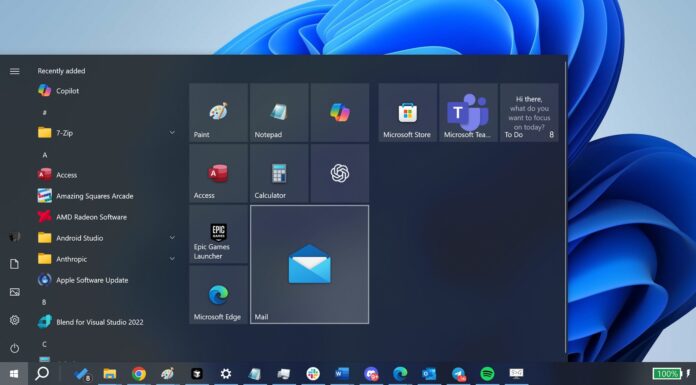The name Windows XP is always accompanied by a lot of memories from childhood. Windows XP might have been the first exposure to a software for many people. Windows XP was released way back in 2001. This makes it 17 years old as of 2018. But that isn’t the interesting part. Windows XP is still used by millions of people in different parts of the world.
As per market share goes, Windows XP has 4.59% market share. It may not sound like much but it is still a large number when we take the age of the operating system into consideration. The number is even more striking when we compare it with that of macOS. Windows XP has more market share than the top version of macOS.
Market share variations of Windows XP
Statistics from NetMarketShare shows that the market share of Windows XP has decreased gradually in the last two years. However, there was a small rise in the market share during October of 2017 when the market share increased from 6.19% to 7.64%.

This value then decreased to about 3.81% in February of 2018 which is the lowest value ever recorded. But the value then increased by 0.78% during March and now is in the range of 4.59% market share.
Why do people still use Windows XP?
Using an age-old operating system definitely has some absurdity stuck to it but there are reasons why people still use it.
One of the reasons why people still use Windows XP is that it runs well on older and less powerful hardware. Windows XP runs smoothly even if you have a PC with specifications that put you to shame. This is because it was made for the hardware in 2001. So it doesn’t need the memory requirements of a newer operating system.
Something that goes alongside the above-mentioned factor is that Windows XP still runs most of the apps that these people use. Of course, a lot of developers has announced that they have ended support for Windows XP but most of these apps still work. Google Chrome has also stopped support for Windows XP. Speaking of support, Microsoft has ended support for Windows XP back in April of 2014.
A lot of government and private offices in developing countries like India still use Windows XP. Many schools and even some colleges still use Windows XP in the desktops provided for the students to use. The learning curve from Windows XP to Windows 10 may be a little too steep for older people who have been using the operating system for many years now. It might be difficult for them to switch.
The cost of upgrading to a newer version of Windows is one of the major factors. Since they use an old OS, their hardware will be too old to support a newer operating system like Windows 10. This means that in order to upgrade to the already expensive Windows 10, they would have to upgrade their hardware too. Imagine doing that process to offices and schools which have hundreds of PCs running Windows XP. This might be the reason why some companies and institutions went after Windows 7 when Microsoft stopped support for Windows XP. Windows 7 is also good at running well on older hardware.
What will happen if we still use Windows XP?
The biggest problem is security. Windows XP is very vulnerable to cyber attacks. People who have a lot of sensitive data should upgrade to a more secure operating system. Companies and Institutions shouldn’t even think about using Windows XP. Attacks like WannaCry Ransomware had more impact on Windows XP. So it is highly advised to stop using Windows XP or even Windows 7 as Microsoft will end support for Windows 7 in 2020.
Windows is no longer the top priority of Microsoft which is clear from the details that we got from the recent reorganization at Microsoft. We can see more about the roadmap for Windows at the BUILD Conference in May.


